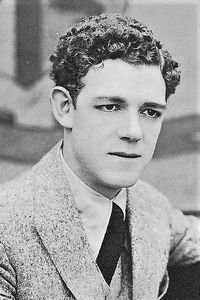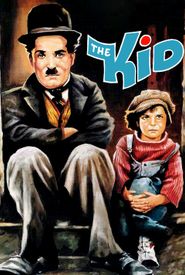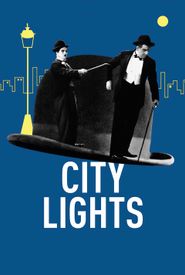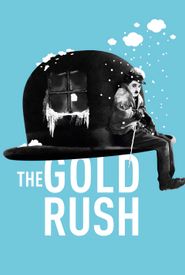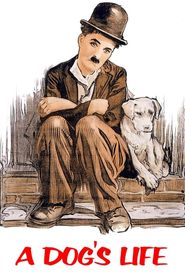Albert Austin, a truly versatile and accomplished individual, left an indelible mark on the film industry, with a diverse and extensive portfolio that showcased his remarkable talents. Hailing from the vibrant city of Birmingham, England, Austin's exact date of birth remains a topic of debate, with some sources citing December 13, 1881, while others suggest 1885.
Austin's initial foray into the entertainment industry commenced with a stint on the music hall circuit, where he honed his craft and developed his unique brand of humor. It was during this period that he crossed paths with the legendary Charlie Chaplin, and the two went on to form a lasting partnership, joining the esteemed Fred Karno troupe in 1910. This marked the beginning of a long and mutually beneficial collaboration between the two, with Austin serving as Chaplin's trusted assistant director and assuming supporting roles in many of his iconic films.
Notably, Austin's extraordinary persona was characterized by a striking, meticulously painted handlebar mustache and a sharp-tongued demeanor that significantly contributed to his captivating on-screen presence. His extensive filmography featured numerous appearances in Charlie Chaplin's comedies, where he frequently served as a witty and engaging foil to the legendary comedian, often providing a clever counterbalance to Chaplin's antics. Moreover, Austin's creative collaboration with Chaplin extended beyond his on-screen presence, as he played a crucial role in the development of the plot for the 1917 film, The Adventurer.
Austin's multifaceted talents knew no bounds, as he effortlessly navigated various creative roles, including that of a scriptwriter, director, and comedian, showcasing his remarkable versatility.
His impressive career trajectory took him from the realm of acting to the realm of filmmaking, where he successfully adapted his skills to the emerging medium of sound films.
In this new era, Austin continued to hone his craft in the realm of comedy short subjects, cementing his reputation as a master of his craft.
One of his most notable credits includes the iconic silent comedy, City Lights, in which he played a crucial role as a collaborator, earning him a coveted screen credit and solidifying his place in the annals of cinematic history.
Austin's impressive repertoire of performances extended far beyond his collaborations with the legendary Charlie Chaplin, as he also appeared in films alongside other prominent stars of the era, including Jackie Coogan and Mack Sennett, thereby showcasing his remarkable versatility as a performer.
In fact, his most enduring and iconic performance may be his captivating portrayal of a customer in Chaplin's seminal short film, The Pawnshop, where he brings to life a character who, with great enthusiasm and determination, endeavors to pawn an alarm clock, only to witness its disassembly at the hands of the masterful Chaplin himself, a testament to his impressive range and comedic timing.
Austin's professional trajectory extended far beyond his collaborations with the illustrious Charlie Chaplin, as he concurrently pursued a diverse range of acting opportunities, one of which being his notable appearance in the 1920 cinematic production, Suds, which boasted the esteemed Mary Pickford in a starring role.
In this film, Austin brought to life the character of a customer, whose narrative arc revolved around the pivotal moment when he inadvertently leaves his shirt at Mary Pickford's laundry establishment. What's more, this particular performance stands out for being a rare exception to Austin's signature visual trademark - his iconic comic mustache, which was noticeably absent from this specific film appearance.
In the latter stages of his life, Austin made a significant career pivot, eschewing his former profession in favor of a new and challenging role as a law enforcement officer, specifically at the esteemed Warner Brothers studios, as meticulously documented in a comprehensive and authoritative obituary published in the renowned New York Times.
